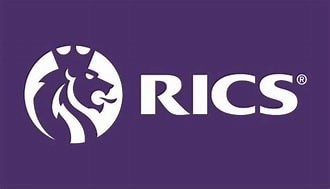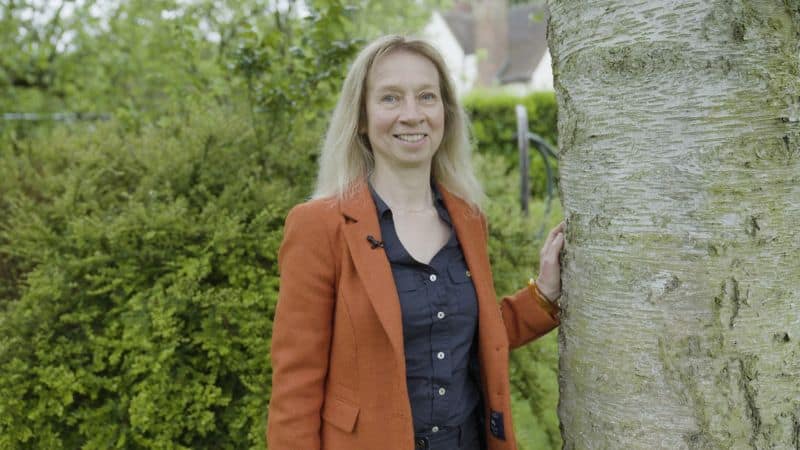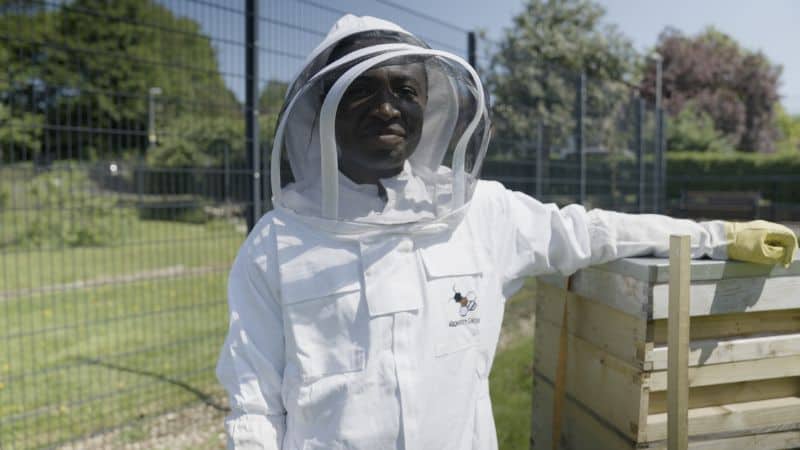A Surveyor provides expert advice on land, property, and construction by conducting inspections, assessments, and valuations. Their work can include structural analysis, environmental impact, legal compliance, and project management across residential, commercial, and infrastructure projects.
There are over 100 types of Surveyor, and their work aligns closely with construction, infrastructure, and real estate. A Chartered Surveyor is a Surveyor who is globally recognised by the Royal Institution of Chartered Surveyors (RICS). They consistently demonstrate a high levels of knowledge, skills and behaviours, which are recognised by the formal RICS accreditation.















